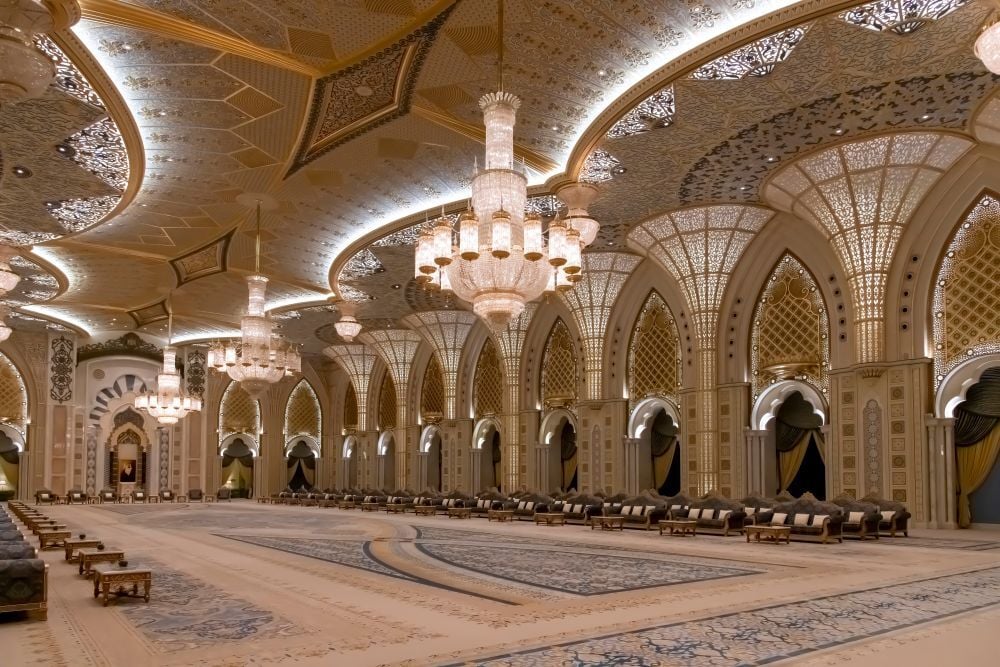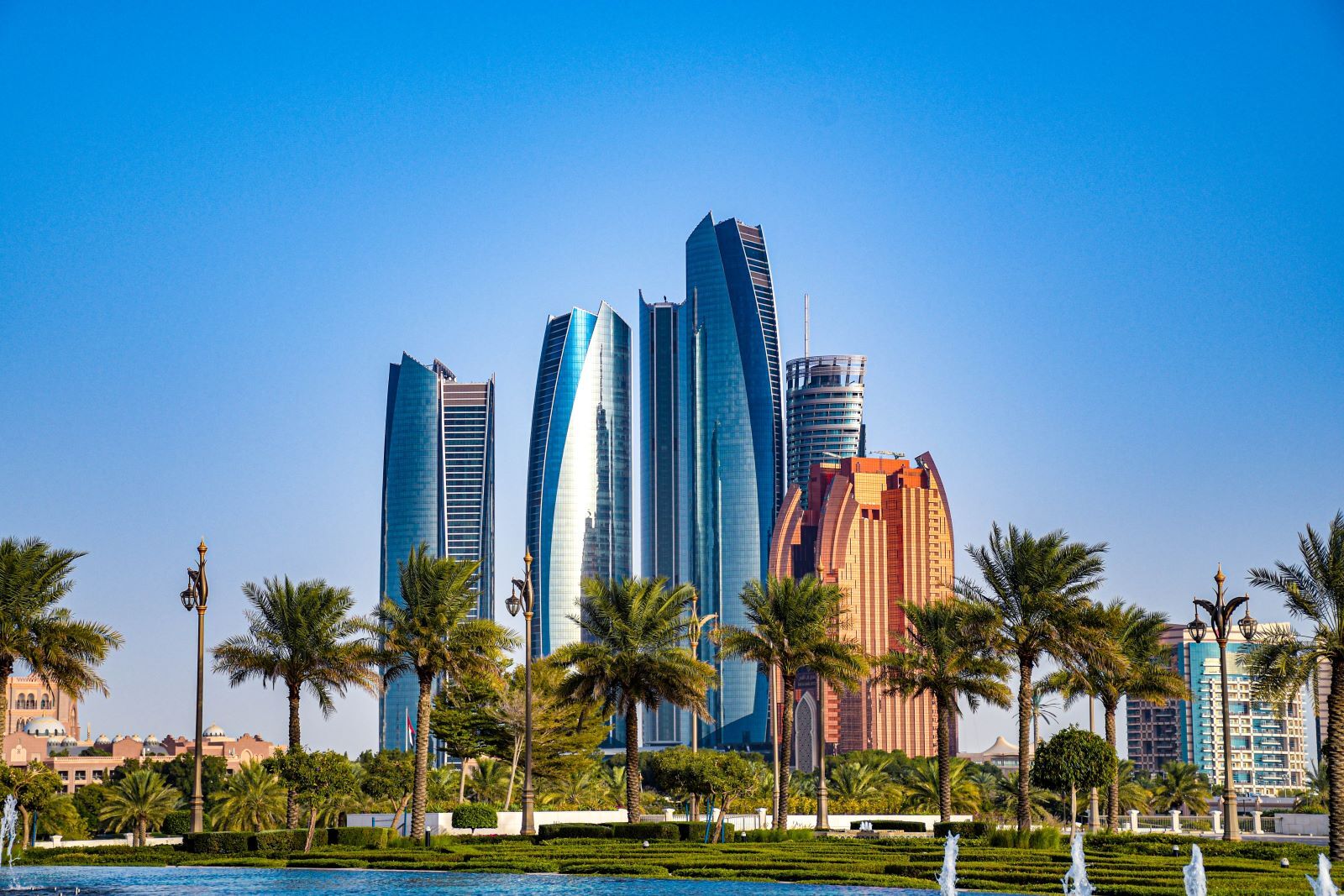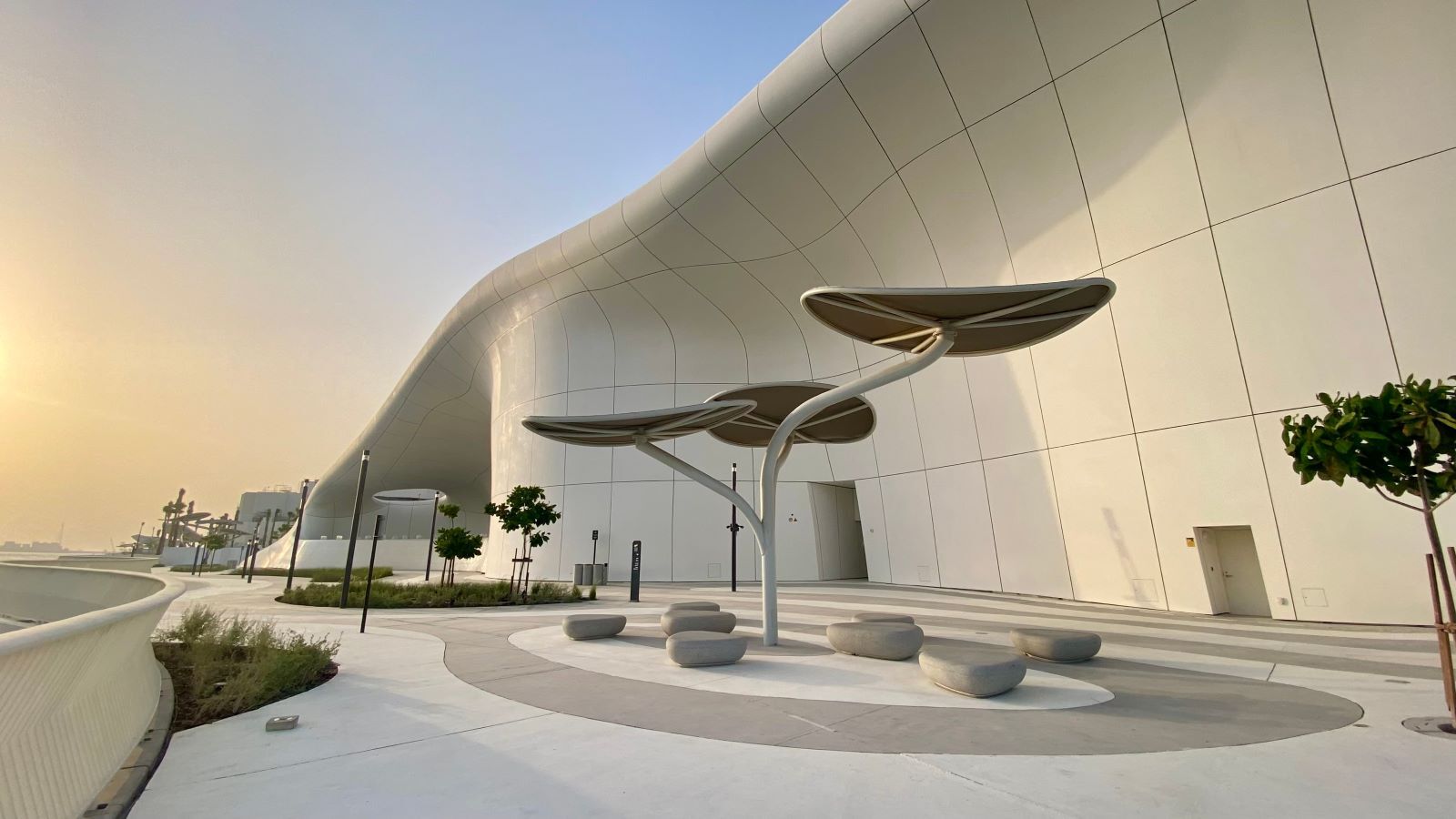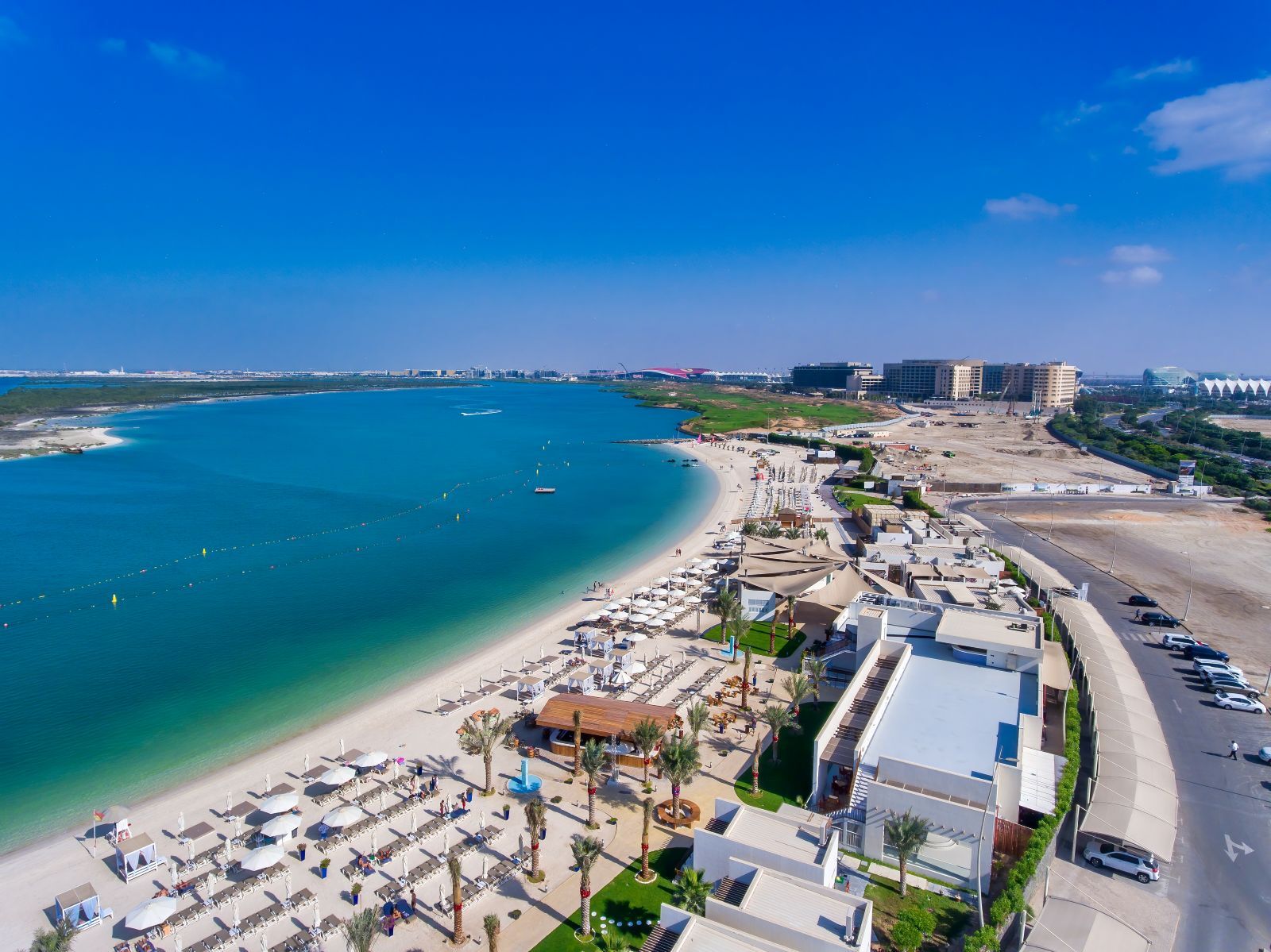The Royal Majlis: A Private Window into Emirati Culture
In Emirati culture, the ‘Majlis’ experience is a cherished and highly valued part of life. So much so, that in 2015 it was inscribed on the UNESCO Representative List of the Intangible Cultural Heritage of Humanity. One step above this revered community gathering is the royal majlis, held in the Presidential Palace of Qasr Al Watan. Playing host to local dignitaries, investors, UHNWIs and government officials, these meetings are a prestigious convergence of tradition, influence, and opportunity, where access itself is considered a privilege. Read on to learn more about Abu Dhabi’s royal majlis experience.

Understanding the Majlis
An Arabic term meaning ‘sitting room’, the majlis is a highly respected tradition in both Emirati and Arab culture and functions as a central community institution across countries like the UAE, Saudi Arabia, Oman, Qatar, Bahrain, Kuwait and Yemen.
Before Islam arrived on the Arabian Peninsula, majlis meetings were practiced by the Bedouin tribes who inhabited the region; majlis was even used during the Rashidun Caliphate to elect a new caliph. Since then, the ceremonies have been used for a range of community-focused activities as Gulf communities evolved from nomadic tents in the desert, to urban courtyards and later to grand halls within palaces.
Over the centuries, the majlis has been where rulers have received citizens, foreign merchants and dignitaries (later foreign envoys and ambassadors), as well as businessmen and ultra-high-net-worth individuals. Interestingly, the UAE’s revered ruler, Sheikh Zayed bin Sultan Al Nahyan, maintained an open-majlis policy throughout his life, where members of the public could come and converse with the ruler. This provided a glimpse into the relatively liberal policies of the Father of the Nation. Since then, successive UAE rulers have maintained this open-door approach of majlis meetings, highlighting the bond between the Royal Family and their people.
Where Heritage Meets Diplomacy: The Role of the Majlis Today
Playing on the Arabic term of “shura”, meaning “consultation” or “collective decision making”, the majlis is still a prominent part of life in the Arab world.
The royal majlis magnifies the principles of community majlis meetings and applies them across a grander scale, designed for important citizens, foreign dignitaries and UHNW investors to raise concerns to senior government officials or even members of the royal family directly. This demonstrates the leadership’s accessibility and helps develop a level of trust between the UAE’s ruling family and their subjects.
When foreign dignitaries, or even presidents of other countries, make a state visit, majlis meetings are used as a welcoming symbol of high prestige; a space which blends both ceremony and functionality, designed to show respect and ensure smooth international relations.
These meetings are sometimes open to UHNWIs who might, for example, be involved in important real estate, infrastructure, or oil and gas projects. For those who have managed to procure an invite, these meetings can serve as exceptional networking opportunities and the ideal environment in which to develop business relationships. As such, those who do manage to secure an invitation aren’t just being asked to attend an event, they are being shown an incomparable level of trust, recognition and integration into the very apex of Emirati life.
How Often Do Events Take Place?
It may surprise you to learn that Royal Majlis gatherings are a relatively frequent part of life at Qasr Al Watan. While the most prestigious events are reserved for significant dates such as Eid Al-Fitr, senior government officials often hold majlis sessions on a monthly (occasionally even weekly) basis. This regularity has dual benefits; the rulers have frequent contact with the populace (as well as minor officials) so have a better understanding of day-to-day life in the emirate, while citizens feel as though they are being listened to and their needs are being considered.
Naturally, when a high-profile guest with significant investment potential is in the country – a scenario that occurs relatively frequently due to Abu Dhabi and Dubai’s remarkable rise in global prominence over the past two decades – then a royal majlis may well be convened in order to receive them.
Etiquette at the Royal Majlis
Highly exclusive affairs, royal majlis gatherings are high-profile, and as such, a certain level of decorum is needed – most of which is fairly obvious. Dressing modestly is not just recommended, but expected. Emirati guests will almost certainly be dressed in the Kandora – the country’s national dress. While non-Arabs are not expected to dress this way, a suit is definitely a good idea in order to show respect for your hosts. Arriving early is also good practice in order to not keep the ruler waiting.
In an Emirati majlis, both guests and hosts would avoid rushing to sit down, instead taking their time when entering. If there are people in the majlis when you enter, they would usually stand up to greet you; this should be reciprocated if you happen to be seated when others enter.
Guests start greeting from the right side, keeping in mind to prioritise elders – a sign of respect. The host would then, usually, show you to your seat, but be aware that this might not always be the case, as they could be busy greeting other guests. In this situation, it is best to choose a seat which is close to other guests in order to avoid isolating yourself. It is also a good idea to sit close to the refreshments to help ease the burden on the servers later.
Guests should also keep in mind the manner in which they are sitting. Avoid crossing legs in a way which might position your feet towards the faces of others, as this can be seen as disrespectful. If you need to use your phone while in the majlis, you should excuse yourself as using it during a meeting is considered bad etiquette.
Although some of these rules might sound somewhat serious, the majlis experience is designed for people to relax and connect. However, for those who have received an invite to a royal majlis, it is good practice to avoid treating this particular gathering too casually.
Why the Royal Majlis Resonates with Global Elites
There are a number of reasons why ultra-high-net-worth individuals might be drawn to the royal majlis experience, not least because of the exclusivity of these events. Invites are difficult to come by and are only extended to the most influential people in their fields. This brings with it a form of social honour seen in few other places.
As previously mentioned, these functions can serve as an access point for other UHNWIs, as well as influential global decision makers, bringing the opportunity to form business relationships in markets that may previously have been closed off.
Immersion into Emirati culture is seen as another big factor. While other upscale events are designed purely for spectacle, the royal majlis functions as a window into centuries-old Emirati (and Arabian) heritage. Rituals, etiquette and ceremony are all highly valued, and these functions provide the perfect setting for UHNWIs to understand exactly how to navigate Emirati society.
Of course, the royal majlis is a highly controlled environment; security is at a premium and discretion is assured. This means that those wishing to forge relationships are free to go about their business without having to worry about who might be watching.
Ultimately, the royal majlis is a cultural experience replicated in few other places. Access to high-level officials and even royalty is not something that features heavily in other countries, and this commitment to transparency, in addition to carrying on a cultural tradition that has traversed the centuries, is one aspect of Emirati culture that deserves recognition and admiration on the global stage.



